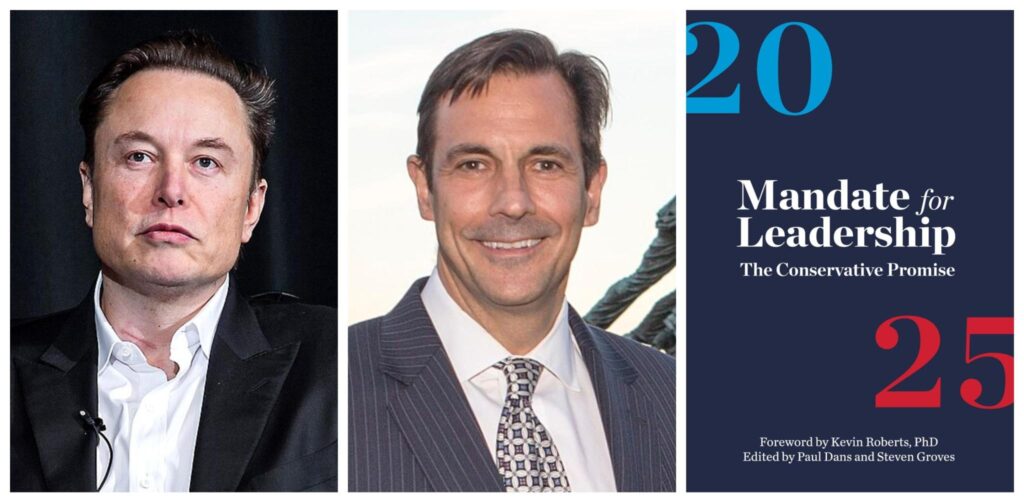A group of top climate scientists have provided Congress with an exhaustive and devastating review (attached) of the professional denier Christopher Monckton’s May 6, 2010 testimony before the House Select Committee on Energy Independence and Global Warming.
In his usual style, the Third Viscount Monckton of Brenchley parlayed his notoriety into an invitation to testify before the committee and then assured its Members that the world’s best climate scientists are completely mistaken about climate science – an assurance that he feels free to give regardless that his own thin academic credentials relate exclusively to journalism and classics.
In response, five actual scientists (led by the indefatiguable Dr. John Abraham of the University of St. Thomas in St. Paul, Minnesota) contacted more than 20 world-class climate experts and requested critiques of nine specific assertions that Monckton had made before Congress. For Monckton watchers, the result is predictable. And if Monckton had a capacity for embarrassment, he would be humiliated by the content.
Leaving the carefully parsed science to the scientists, I include below some of the accompanying commentary:
In response to Monckton’s claim that high CO2 levels co-existed with equatorial glaciers, disproving the efficacy of warming from high CO2 levels, Dr. David Archer says, “Monckton is mixing … two different intervals in time, using a theory that relies on CO2 as a greenhouse gas to argue that it proves the opposite.”
To which, Dr. Jeffrey Kiehl adds, “It is ironic that Monckton will accept that the geologic record clearly indicates that high CO2 leads to warm climates (thus CO2 is a driver for climate), but then uses the existence of life at these times to conclude that we need not worry”
Monckton told Congress: “If ocean ‘acidification’ is happening, then CO2 is not and will not be the culprit.”
Alas for Monckton (and for the damaged record of accurate Congressional testimony), Dr. Pieter Tans counters, “Everything in this statement is demonstrably wrong. CO2 is an acid, acidification has been measured in the surface oceans, and agrees with expectations based on well understood chemistry. CO2 is the only possible culprit. There are not enough emissions of anything else that could cause the observed acidification. Dr. Pieter Tans
Dr. Nancy Knowlton adds: “There is no question of ‘if’ Changes in pH have already been observed in many different parts of the ocean, and the chemistry driving short-term acidification is elementary and unavoidable.”
Dr. Ove Hoegh-Guldberg goes a step further to say, “The submission from Monckton concerning the interaction between atmospheric carbon dioxide and the carbonate chemistry of seawater is profoundly wrong. The claim that ocean acidification cannot be due to increasing atmospheric carbon dioxide concentration is at odds with experimental results, field observations, and our fundamental understanding of physical chemistry going back over 100 years.”
On the question of Monckton’s arguments about “global brightening,”Dr. Bruce Wielicki said: “We conclude that Lord Monckton’s conclusions cannot be supported by climate physics, nor is it supported by
more accurate versions of the data he used.”
In response to Monckton’s sweeping statement tha global warming is nothing to worry about, Dr. Michael MacCracken says, “For those having little or no acquaintance with climate science, Monckton’s assertions sound scientifically credible. After all, he even “derives” an equation! In fact, his argument is not only seriously in error, it is profoundly misleading and irresponsible.”
In a comment addressing the survivability of coral, but applicable (I would argue) to any number of Monckton’s positions, Dr. John Vernon says, “It is not possible for me to make any sense of Mr. Monckton’s assertions as they are not based on any scientific data or views that have ever been published.
The scientists quoted here, and the others in the paper, are among the most credible in the climate science community. If you doubt it, Google any one of them. Check their references, their list of publications and the actual references they include here. If you have the expertise, check their math. And then contrast all that against the work of an anti-regulatory think tank maven whose only claim to fame is a thriving popularity among energy industry executives and other climate change deniers.
As to the paper, the quotes chosen here are, admittedly, cherry-picked. The paper is overwhelmingly even-handed, careful and supported in the complete version with mathematical formulae and full references for every assertion. It is, in other words, the kind of work that will stand up to scrutiny.
It should also be a final brick on the crypt that holds what used to be Monckton’s credibility.
Subscribe to our newsletter
Stay up to date with DeSmog news and alerts






